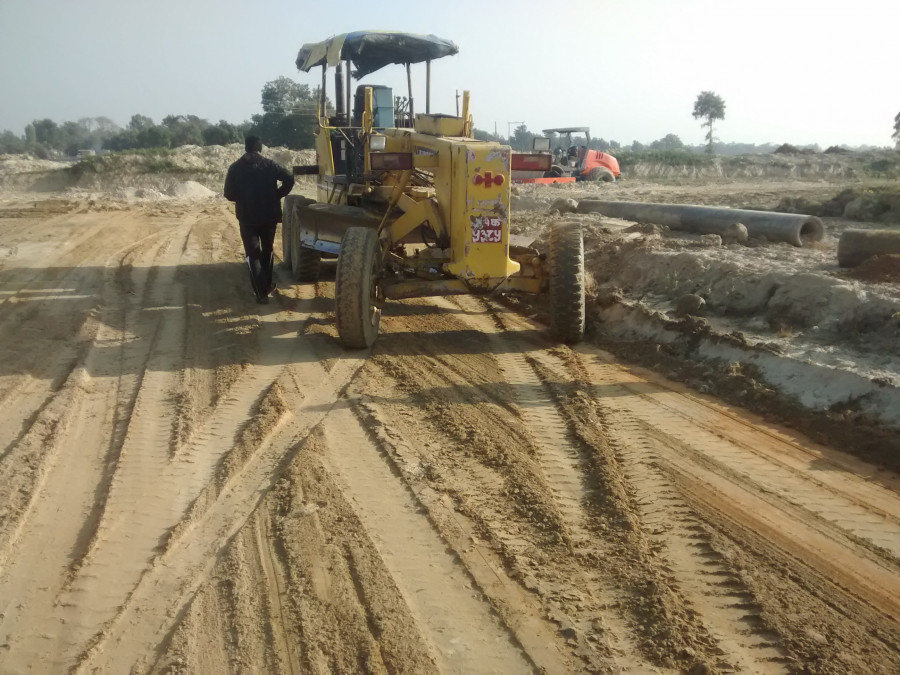Editorial
Half-baked projects
Politicians use incomplete projects as bait to entice the people to vote in their favour.
Development projects often lead to economic prosperity. And a fundamental rule in initiating any project, whether on a personal level or a national level, is that we must conduct a feasibility study—a survey where the pros and cons are carefully evaluated and whether what we are about to undertake will generate the desired result. Since it requires a considerable investment of resources, timely completion of the project is what we aim to achieve above all, for that is what determines its usage. And in turn, it affects all other purposes we initially set out to achieve.
If you care to scan the surrounding hills, it will be hard to miss the numerous unfinished road projects dotting the landscape. The eagerness shown in initiating the task does not match up to their enthusiasm. Once the funds have been received and consumed, the ill-fated project is left to die a slow death. This particular tendency of starting and leaving important construction work dangling has been the bane for the hopes and expectations it raises among the people. It can deflate the dreams of many who make considerable investments against the backdrop of such projects.
Like the numerous half-baked propositions that have throttled the people's expectations, one such that is of critical importance concerns the agriculture sector. The Lungrimadi Irrigation Project, a project that began 34 years ago in Swargadwari Municipality of Pyuthan, is yet to witness some functional closure. When it started in 1987, the objective was to irrigate some 230 hectares of land by channelising water from the Lungri stream in the neighbouring Rolpa district. Alas, the project that would have aided many farmers has never come to fruition.
It is not as if the authorities were asked to build the Suez Canal, which was completed about 150 years ago in just 10 years, and the length of which extends approximately 194 km. The Lungrimadi Irrigation Project, on the other hand, is just a 12-km-long stretch of canal to provide irrigation facilities to a handful of farmers in Nepal, and which has so far cost the exchequer almost Rs130 million. Are these projects ploys to pocket money at the taxpayer’s expense? Are we this incompetent and corrupt as a nation? It is a matter of national shame that a project that should have barely taken a few years has been lingering for decades.
The so-called National Pride Projects have been nothing short of national shame concerning the amount of time and money that has been expended. Incomplete projects are often used as bait by political parties to entice the people to vote in their favour. And the gullible people time and again have fallen for this trap that seems to work in favour of politicians without exception. Whether it is the Bheri Irrigation Project or the Melamchi Water Supply Project, what is consistent with all these projects is that they lack an integrated approach at all levels. The will to see their completion may be secondary to the integrity, which seems to be lacking in seeing their closure.



 13.12°C Kathmandu
13.12°C Kathmandu














